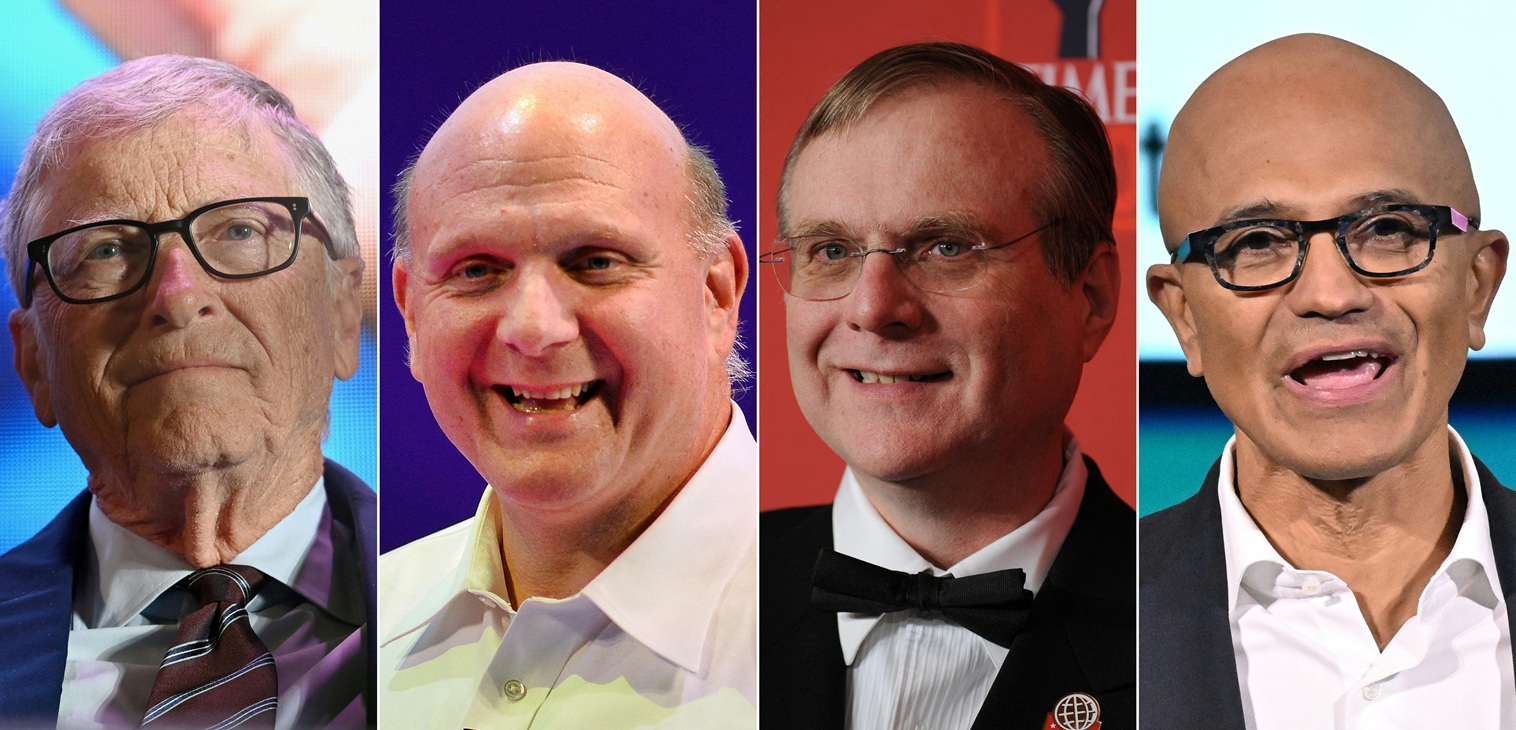
Microsoft celebrates its 50th anniversary amidst success and controversy
The company founded by Bill Gates has dominated the computer world, but has faced ongoing scrutiny for its competitive practices.
On April 4, 2025, Microsoft turns half a century old. Fifty years that encapsulate the entire evolution of the technology industry: from personal computers to artificial intelligence. But behind its impressive financial achievements, innovation and global expansion, the company has frequently been under the microscope of regulators around the world for abuse of dominance and anti-competitive practices.
Founded in 1975 by Bill Gates and Paul Allen, Microsoft was born with the mission to bring a "computer to every desktop and every home". That ambition was visionary and became reality: its Windows operating system conquered the majority of the global market in the 1990s, propelling Microsoft to become one of the most powerful companies on the planet.
Microsoft's story can be told through its four great protagonists: Bill Gates, Paul Allen, Steve Ballmer and Satya Nadella.
Gates, a computer prodigy who dropped out of Harvard, was the architect of the empire. His profile as a philanthropist in the 21st century contrasts with his aggressive business style of the 1980s and 1990s, when he maneuvered to marginalize competitors and even his founding partner, Paul Allen. The latter, who died in 2018, was also key to the origins of Microsoft, although he ended up distancing himself from the company after denouncing attempts by Gates and Ballmer to reduce his shareholding.
Ballmer, Gates' successor as CEO, is remembered for his boundless energy and controversial time at the helm of the company. Under his leadership, Microsoft failed to ride the smartphone wave in time, ceding space to Apple and Google. His retirement in 2013 ushered in a new era.
Satya Nadella, CEO since 2014, has led a strategic transformation that saw Microsoft become a dominant player in the cloud with Azure, and a pioneer in artificial intelligence through its alliance with OpenAI. Under his leadership, the company regained its prestige and relevance, surpassing $3 trillion in market capitalization.
The other side of success
But Microsoft's story cannot be told without mentioning its multiple clashes with the antitrust authorities.
In the United States, the company was the protagonist of one of the most talked-about lawsuits of the digital era. In 1998, the Justice Department accused it of monopolizing the operating systems market and trying to eliminate Netscape by integrating its Internet Explorer browser with Windows. In 2000, a judge ordered the company to be split up, but the ruling was reversed and a less drastic agreement was reached that imposed certain restrictions.
In Europe, the scrutiny was even more severe. In 2004, the European Commission fined Microsoft €497 million for anti-competitive practices, accusing it of tying its media player to Windows and failing to share key technical information to ensure interoperability with third-party products. It was just the beginning of a long series of legal confrontations with Brussels.
RELATED CONTENT
More recently, in 2024, the European Commission again accused Microsoft of abuse of dominant position, this time for integrating its Teams communication tool within its Office 365 suite, making it difficult to compete with rival platforms such as Slack or Zoom.
In the United States, the FTC opened an investigation in 2024 into possible anticompetitive cloud practices related to the Azure platform. Competitors such as Google alleged that Microsoft imposes restrictive terms that discourage the use of alternative services, making data mobility difficult.
An ambivalent legacy
Microsoft's impact on the world is unquestionable: it has democratized access to computing, boosted global productivity and, more recently, led advances in artificial intelligence that promise to redefine entire industries.
However, the same power that has enabled it to innovate has also raised concerns about its ability to shape entire markets in its favor. Accusations of monopolistic practices remain active on several fronts, and its role as a major partner in OpenAI - the creator of ChatGPT - has raised new questions about the concentration of technological power in a few hands.
Today, as it turns 50, Microsoft is more influential than ever. The future is smiling on it, but the scrutiny is also intensifying. The company that helped write the code of the 21st century continues to walk the fine line between innovation and absolute control.
With information from AFP




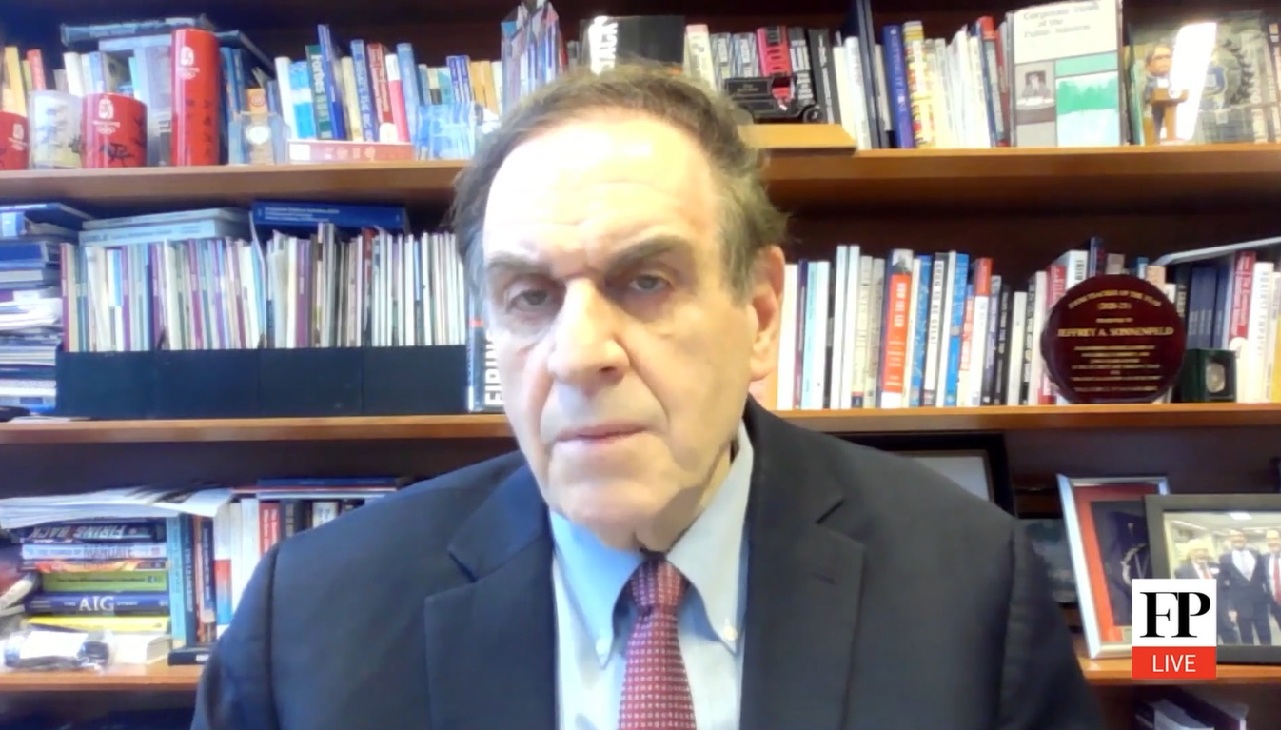
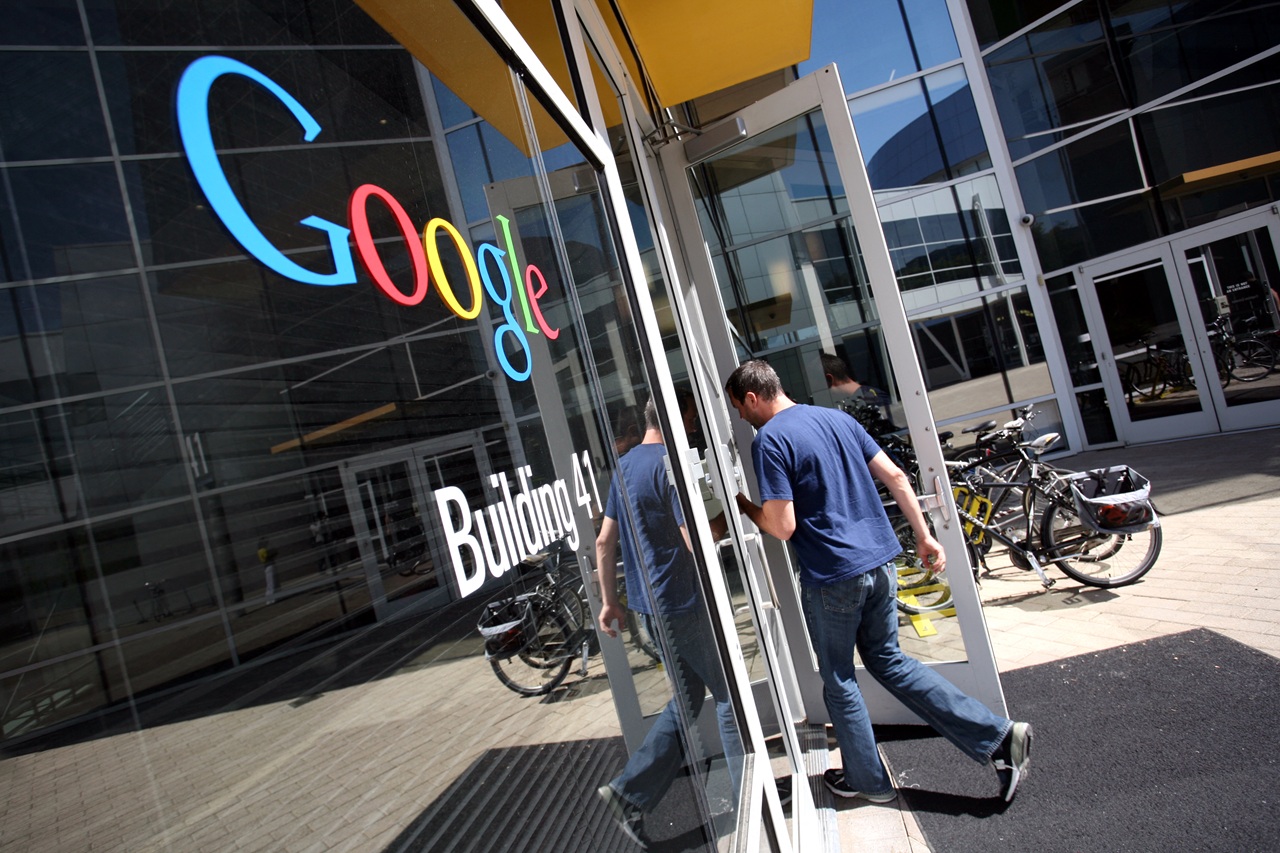

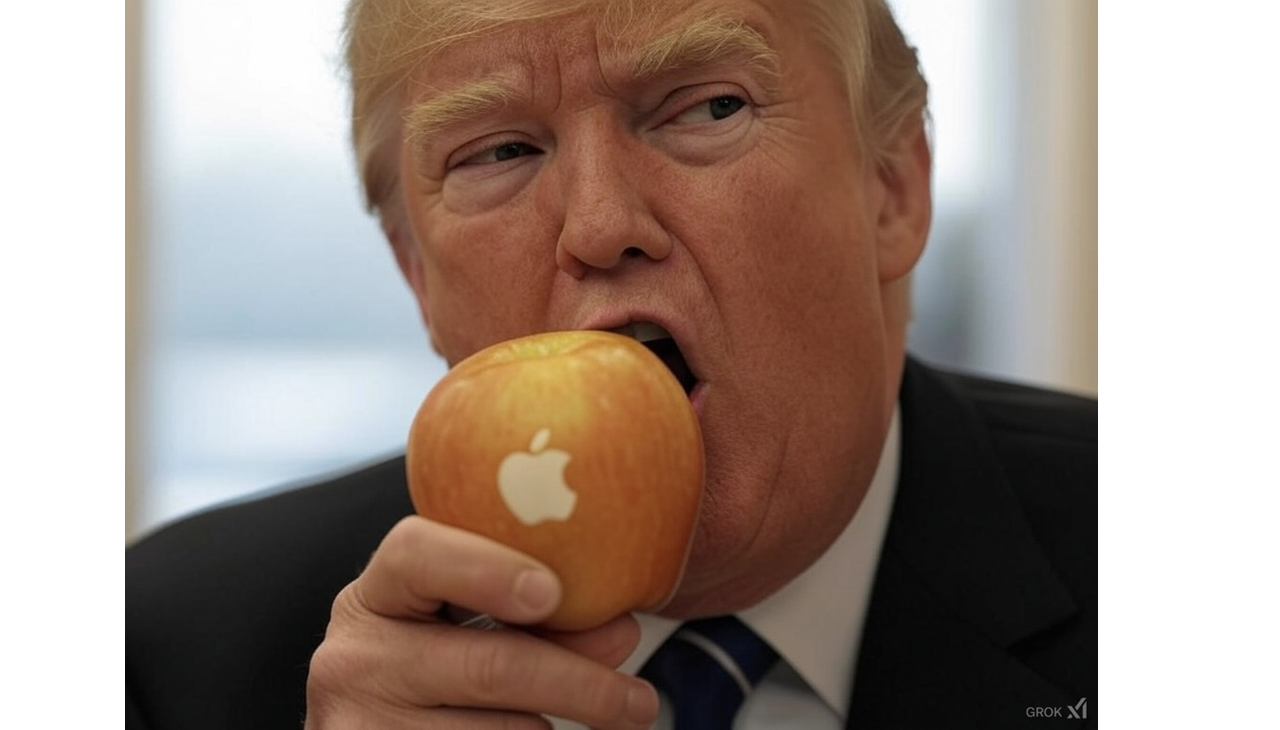
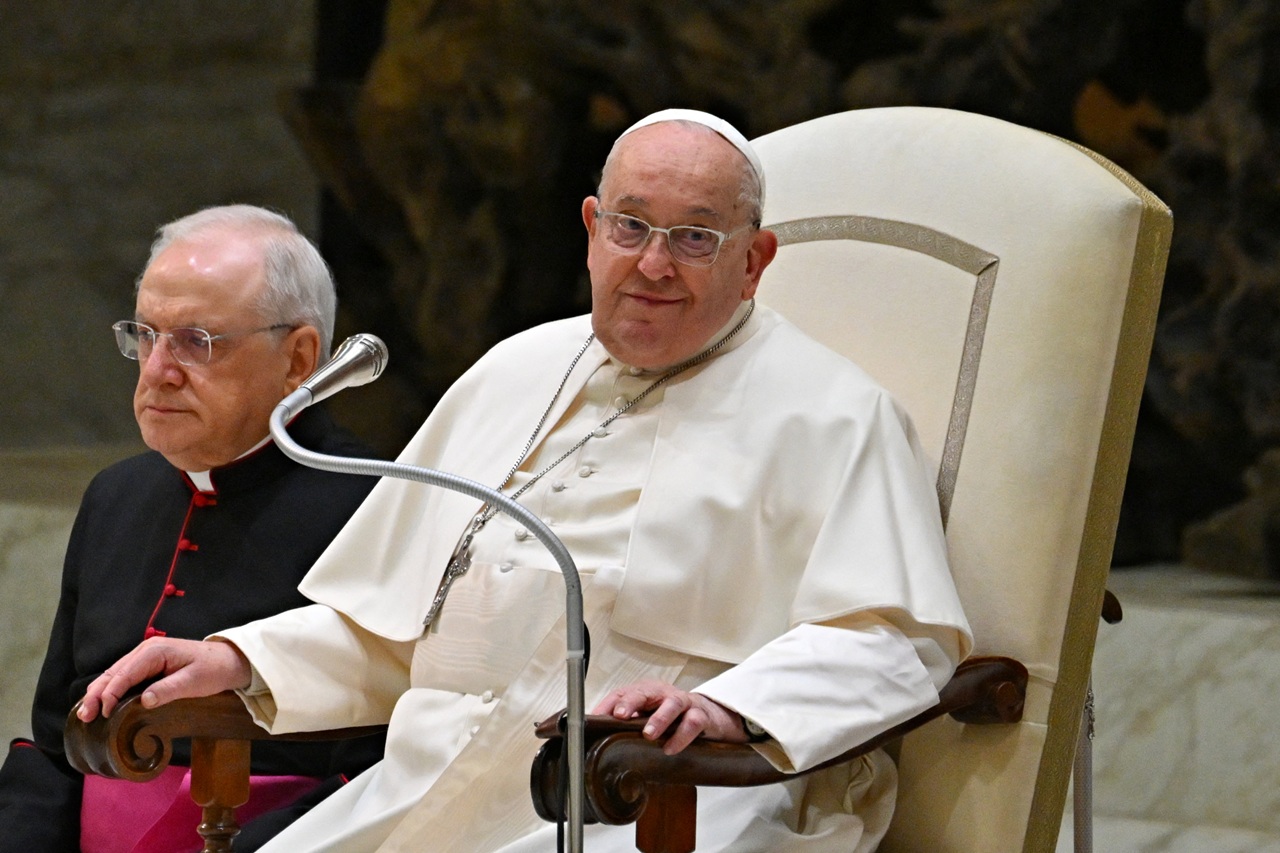
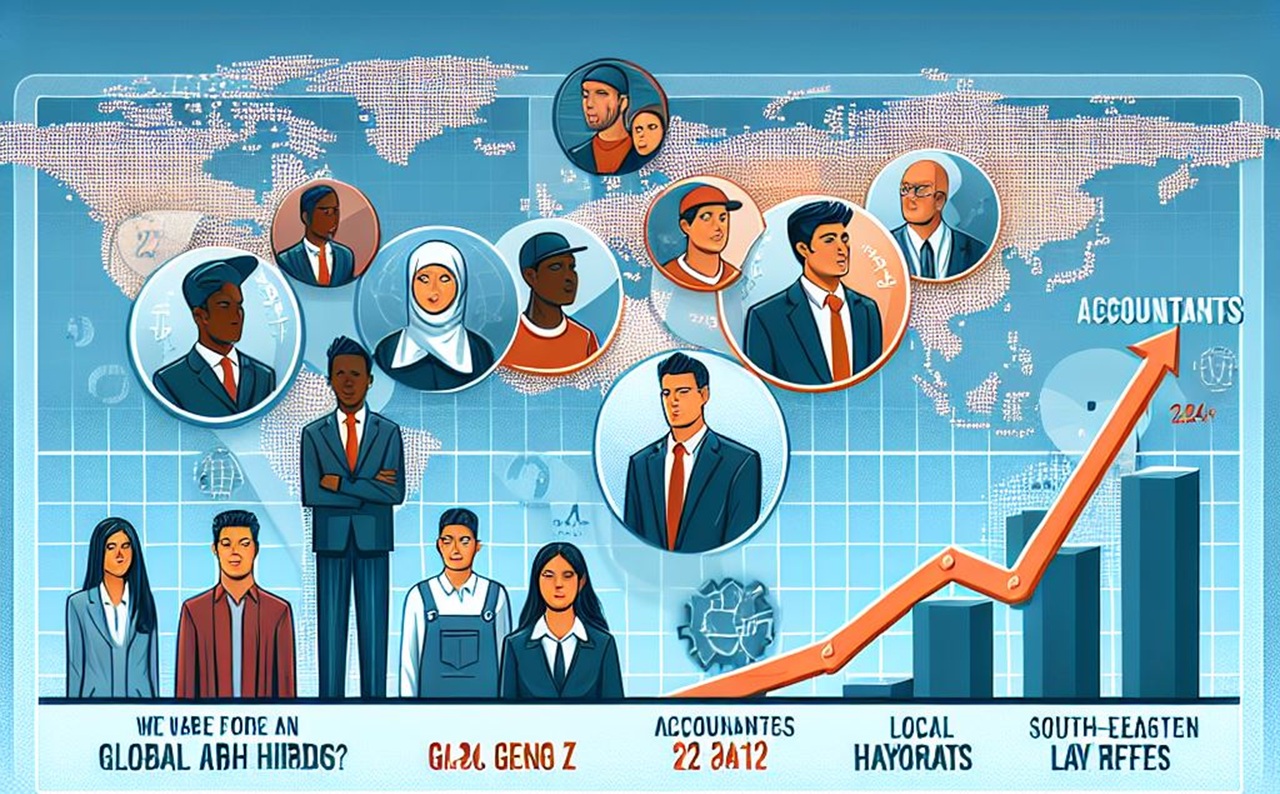

LEAVE A COMMENT: